SGGP
Over the past 30 years of existence and development, the Greater Mekong Subregion (GMS) has continuously promoted projects to protect and develop the Mekong River Basin. In particular, under the increasing impact of climate change, cooperation is now becoming more urgent.
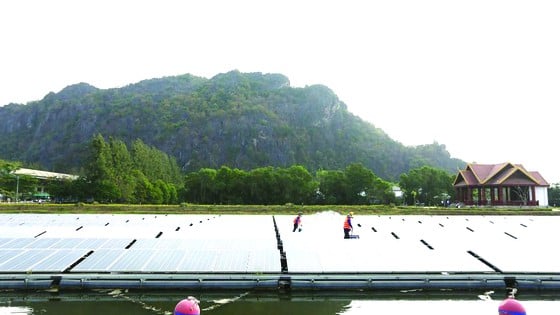 |
| Solar power station in Cambodia |
Green development trend
GMS comprises the countries and territories in the Mekong River basin: Vietnam, Cambodia, Laos, Thailand, Myanmar, and China’s Yunnan and Guangxi provinces. “Rivers Without Plastic” is one of the recently launched GMS projects to promote capacity building in assessing and monitoring riverine plastic pollution, as well as approaches to enhance community resilience to plastic pollution and climate change.
The project provides strategies and scientific tools, innovative solutions, including a plan to map the impacts of climate change and plastic pollution on communities in the lower Mekong River, and use new technology and best practices to reduce the impacts of climate change and plastic pollution.
The Asian Development Bank (ADB) is financing the project through the GMS Environment Working Group. This is a continuation of the previous two phases of the GMS Core Environment Program, focusing on six priority themes: climate and disaster resilience; low-carbon transition; climate-smart landscapes; environmental sustainability; green technology; financial instruments for low-carbon development and climate-resilient infrastructure.
In addition to waste, the 20th annual meeting of the GMS Working Group on Agriculture in May in Siem Reap, Cambodia, highlighted the need to strengthen subregional cooperation on green and climate-resilient agri-food value chains and green financing for small and medium-sized agricultural enterprises.
According to GMS officials, GMS countries have great potential to produce and market green, safe and nutritious agricultural products. However, reducing emissions, carbon and waste in agricultural value chains is crucial. Strengthening cooperation on cross-border agricultural trade will further boost the GMS’s capacity to become a leading producer of green and safe agricultural products, strengthening production activities and value chains in the subregion. In addition, digitalizing value chain transactions and developing agricultural traceability systems are also important to improve efficiency in cross-border trade.
Diversify energy sources
According to experts, despite its many advantages, the GMS will find it difficult to develop sustainably and effectively if it builds its energy policy independently and without harmony. The US-based Stimson Center for Sustainable Development said that GMS countries should reconsider plans to expand hydroelectric dams and coal plants. Meanwhile, the cost of alternative energy sources, such as solar power, is falling rapidly and regional grid connectivity is improving. Currently, hundreds of large dams have been built or planned on the Mekong River and its tributaries as well as other rivers in the GMS.
According to Courtney Weatherby, Deputy Director of Stimson, if solar power were available at 6 cents per kWh, it would make virtually no economic sense to build some of the most environmentally damaging dams. Moreover, investing in large hydropower projects also carries political and economic risks because the projects could be suspended at any time.
ADB has initiated technical assistance programs and projects to promote renewable energy, clean fuels, and energy efficiency in the GMS for decades. According to ADB, solar power is a cost-competitive alternative in areas lacking access to the grid. Household and community solar power systems are becoming increasingly popular in the GMS. Cambodia, Lao PDR, and other GMS countries are trying to reduce their dependence on imported oil and gas by promoting biofuel crops.
In addition to increasing renewable energy, GMS countries plan to achieve at least 10% energy efficiency savings in the next 15-20 years, with Thailand targeting 20%. ADB asserts that renewable energy and energy efficiency are the right choices for GMS countries in developing a green economy. This is also the time when national interests are combined with regional interests.
Source







![[Photo] Cutting hills to make way for people to travel on route 14E that suffered landslides](https://vphoto.vietnam.vn/thumb/1200x675/vietnam/resource/IMAGE/2025/11/08/1762599969318_ndo_br_thiet-ke-chua-co-ten-2025-11-08t154639923-png.webp)
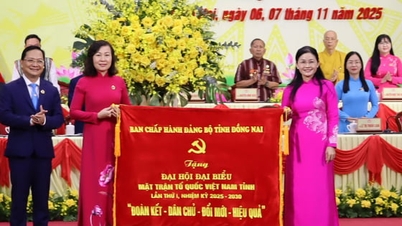

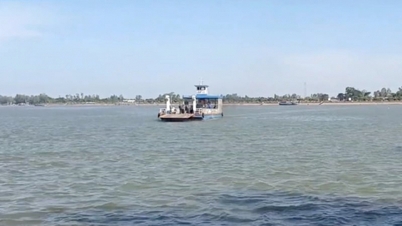
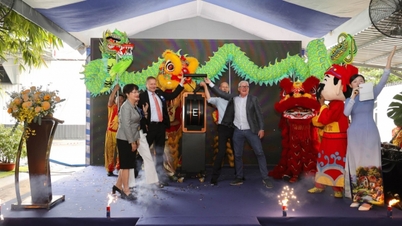

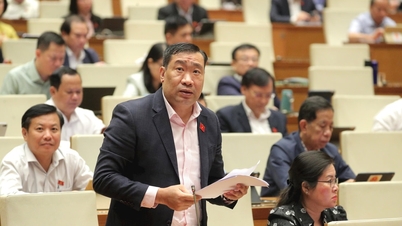

















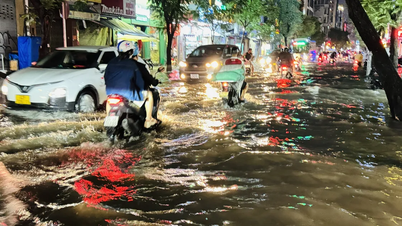




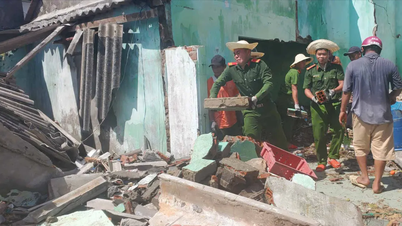









![[Video] Hue Monuments reopen to welcome visitors](https://vphoto.vietnam.vn/thumb/402x226/vietnam/resource/IMAGE/2025/11/05/1762301089171_dung01-05-43-09still013-jpg.webp)





























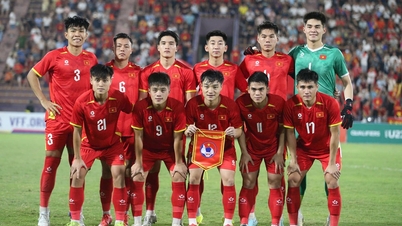


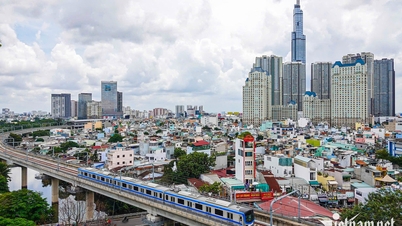











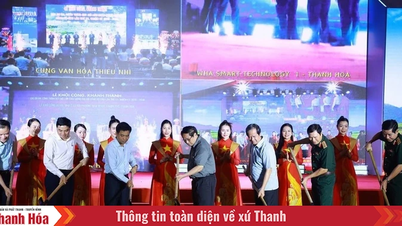

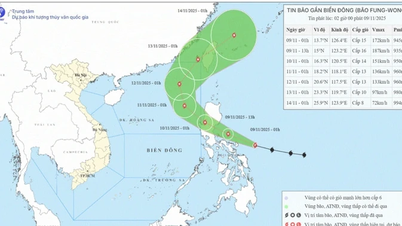

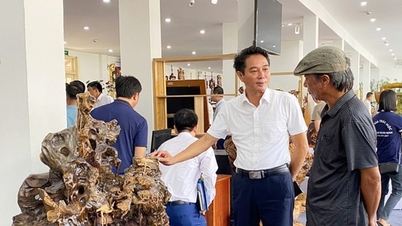

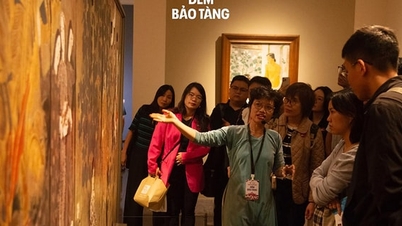
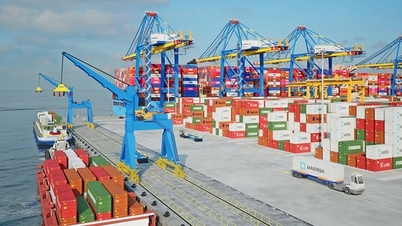

















Comment (0)